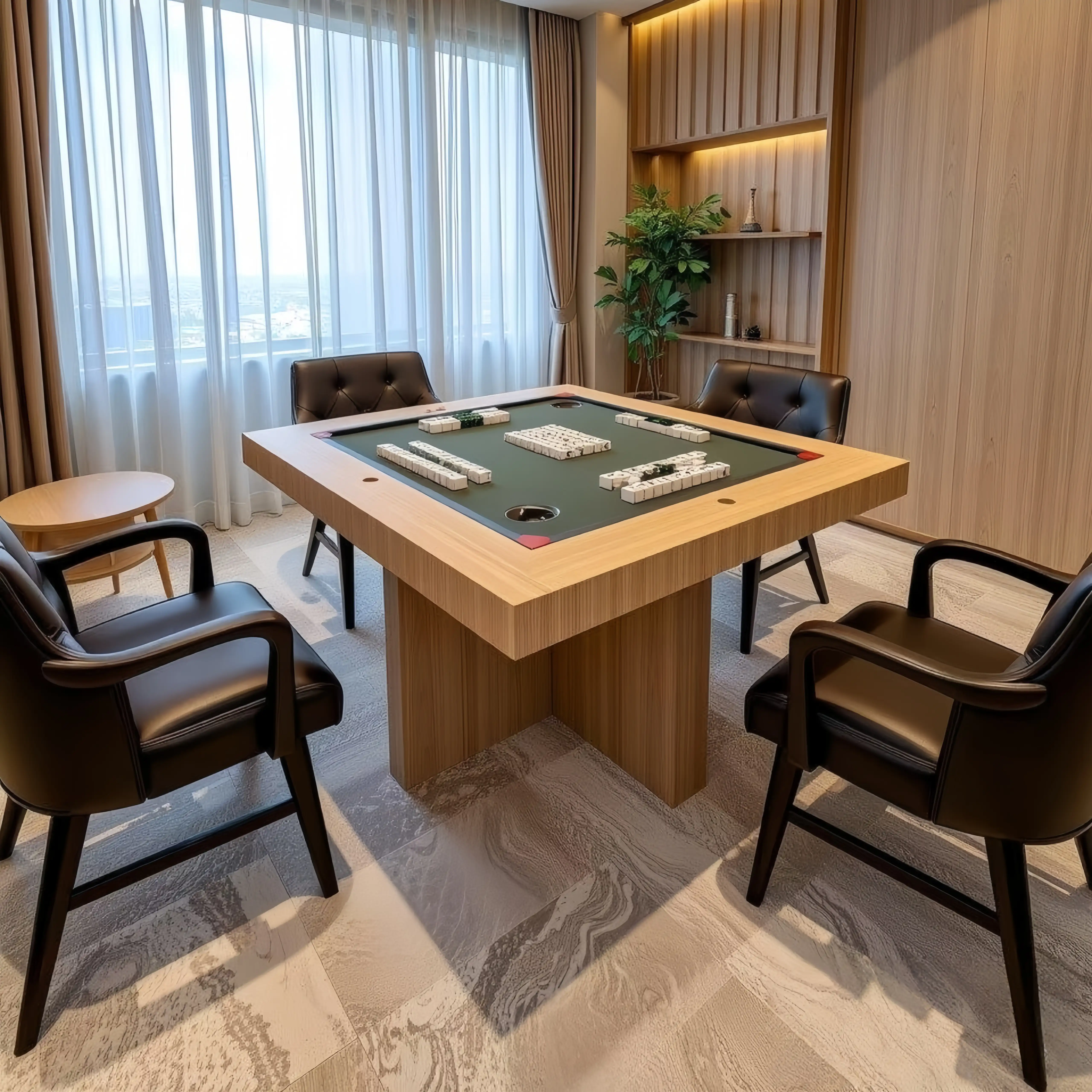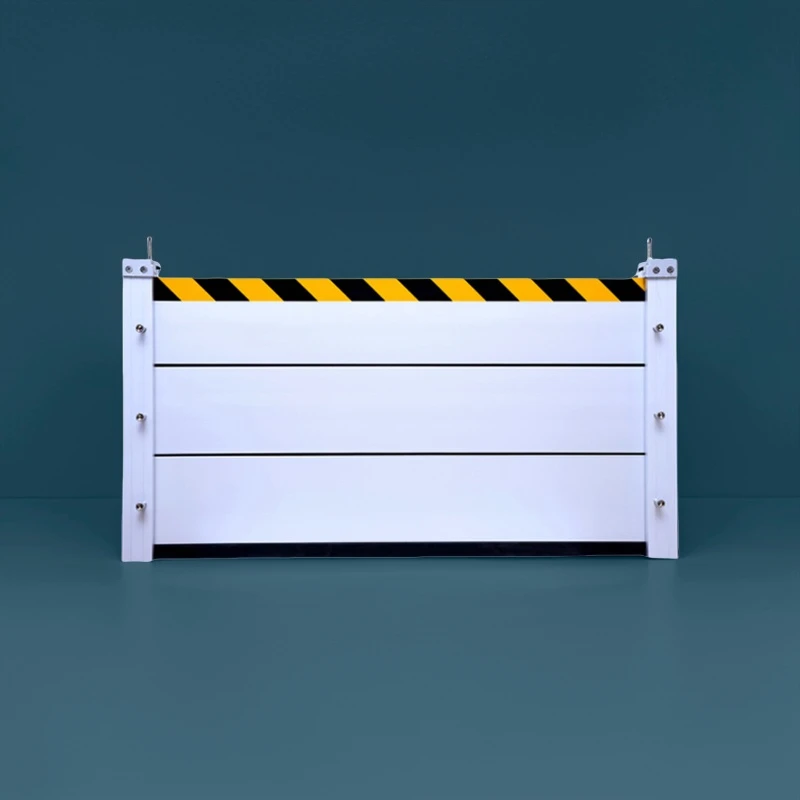Analysis of the problem of non-stick paper on gypsum board
The degree of adhesion between the gypsum board core material and the facing paper
It is an important indicator to measure the quality of gypsum board
There are many factors that affect the bonding of board and paper.
Among them, the performance indicators of face paper
Taste characteristics of desulfurization gypsum
And process control during molding and drying
Will have a great impact on the bonding of paperboard
Today, I will analyze it in detail with you.
Problems and solutions affecting the bonding of gypsum board and paper
Performance of face paper>
A. Water absorption of facial paper
Too high or too low water absorption of the facing paper will affect the adhesion to the board core.
The setting process of gypsum slurry is an exothermic reaction, during which gypsum crystals enter the gaps in the facing paper, resulting in a strong bond between the paper and the board after drying. If the facing paper's water absorption is too high, the paper will absorb a large amount of water from the gypsum slurry, and the water content of the gypsum slurry will be reduced, which will be detrimental to the setting reaction of the gypsum. The amount of gypsum crystals entering the facing paper will also be reduced, resulting in a non-stick phenomenon. If the water absorption is too low, gypsum crystals will also have difficulty entering the paper surface, which is also not conducive to adhesion. Therefore, water absorption should be controlled within a certain range.
B. Air permeability of face paper
Too low an air permeability of the paper will affect the adhesion of the gypsum board.
During the drying process of the gypsum board, starch and excess moisture will migrate outward. If the air permeability of the paper is too low, the density of the paper will be relatively large, and the starch and excess moisture will be difficult to overflow. They will be concentrated between the facing paper and the gypsum board, causing the paper to separate from the board.
C. Strength of face paper
The low strength of the inner layer of the facing paper will affect the adhesion of the gypsum board, because the low strength of the inner layer will easily fall off the surface of the gypsum core (the inner layer of the facing paper will be separated from the middle layer).
Therefore, during the production process of paper-faced gypsum board, the facing paper must be strictly inspected, and facing paper that meets the index requirements must be used to minimize or even eliminate the impact of the facing paper on the bonding of the board paper.
Jason's paper-faced gypsum board uses the low-weight, high-strength gypsum board facing paper independently developed by China Resources Paper, a leading domestic gypsum board facing paper company. The product has the advantages of low basis weight, high tensile strength, good air permeability, excellent appearance quality, high interlayer bonding and surface strength. While improving the flatness and appearance quality of the gypsum board, it effectively reduces the production of low-grade and waste boards, and is the preferred facing paper material for high-end gypsum board production.
Quality of gypsum powder >>
If the grade of desulfurization gypsum is too low, there are too many impurities, or the content of harmful impurities such as Cl, K, and Na is too high, it will also affect the bonding between the face paper and the gypsum core.
High levels of K and Na ions in gypsum powder can cause sodium sulfate to absorb moisture and form Glauber's salt, which can cause the facing paper to separate from the board or cause the board to sag. Chloride ions are destructive. Excessive chloride ion content in desulfurized gypsum can affect its crystallization properties, causing the desulfurized gypsum slurry to set slowly and form poorly. This can weaken or even eliminate the strength of the gypsum board, severely impacting the performance of the finished product. Furthermore, chloride ions can migrate to the surface of the gypsum product during the drying process, affecting the adhesion between the gypsum core and the facing paper, leading to separation of the paperboard and severely impacting the board's performance.
Gypsum board uses high-purity desulfurization gypsum from power plants. From raw materials to powder making to board production, it undergoes layer-by-layer screening and strict control, and does not contain harmful substances. The chloride ion content of the desulfurization gypsum has been tested to meet the standard requirements, ensuring that the gypsum board produced by the company has good adhesion and strength, and greatly improving the safety of the gypsum board.
Production process control>>
1. The slurry is too thin, the foam is uneven, and there are too many or too concentrated large pores in the board after drying, which will also cause poor bonding between paper and core.
2. The forming and drying speeds cannot be adjusted in time with the fluctuations of the facing paper or slurry, resulting in the inconsistency between the air permeability, water absorption and drying speed of the facing paper, and the inconsistency between the setting time and forming speed of the gypsum slurry, which leads to the non-bonding of the paper and the gypsum core or overburning of the board.
3. If the board is over-burned, some of the dihydrate gypsum will dehydrate into anhydrous gypsum, which will reduce the strength of the board and make the paper easy to fall off. Strictly control the gypsum board drying process and parameters, and adjust them in time. The temperature of the board in the dryer must not exceed the dehydration temperature of dihydrate gypsum. In particular, the board temperature at the board end must be controlled to no more than 80℃.
4. The drying speed is too fast, causing the starch to be pulled into the cardboard, leaving a very small amount of starch on the paper surface and the gypsum core surface, resulting in non-stick paper and brittle covering paper.
5. Improper use of admixtures and poor compatibility between admixtures result in poor paper adhesion.
After nearly a decade of development and accumulation, Jason Gypsum Board has reached internationally advanced levels in terms of equipment, production processes, and product quality. Furthermore, we employ domestic experts in the field of gypsum board as consultants, providing long-term guidance on production and operations. Our technical experts and key engineers possess over 10 years of experience in manufacturing and management within building materials companies. All of this provides the strongest possible assurance for product craftsmanship and quality.

 USD
USD
 GBP
GBP
 EUR
EUR






















































